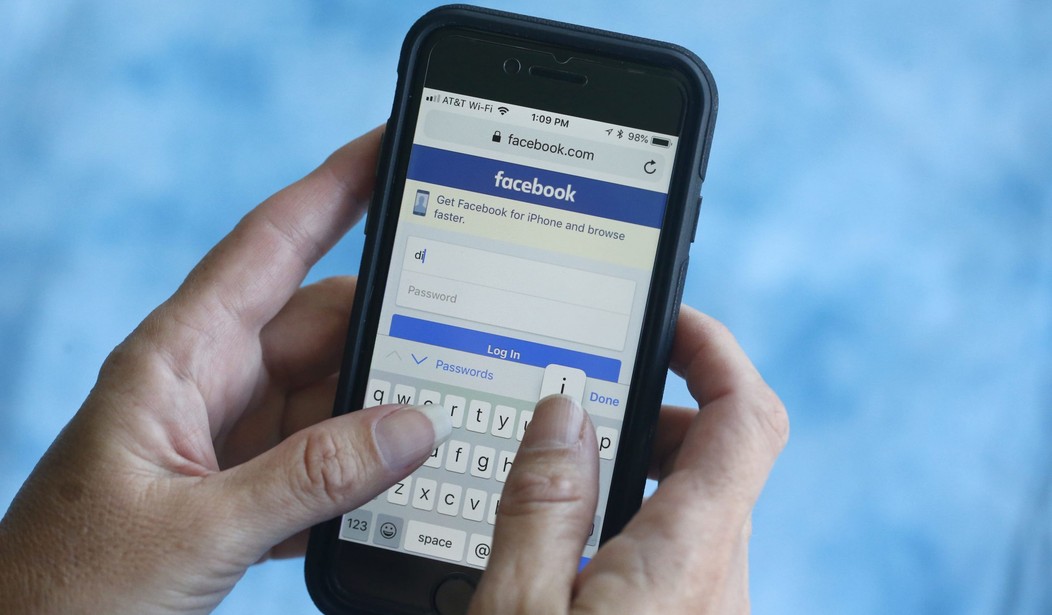A new survey found that 37 percent of Americans report experiencing severe online harassment — including physical threats, stalking, sustained harassment and sexual harassment — compared to the 18 percent reporting this in a 2017 Pew Research Center survey.
The Anti-Defamation League survey said that 38 percent of those harassed online have responded by changing their online behavior, such as quitting sites, posting less often, filtering content or blocking users, or changing privacy settings. Eighteen percent ask the pertinent online platform to intervene in the harassment.
Six percent have contacted law enforcement over online harassment, while 15 percent have opted for a self-protection measure such as taking a self-defense class, moving or changing their transportation routes.
Forty-one percent reported that they had been the target of name-calling, while 22 percent reported physical threats and 18 percent reported stalking.
“Approximately one-third of online harassment appears to be a result of the target’s protected characteristic, such as race or ethnicity, religion, gender identity, sexual orientation or disability,” the ADL said. “LGBTQ+ individuals, Muslims, Hispanics and African-Americans face especially high rates of identity-based discrimination.”
Twenty-one percent reported being harassed for their political views; 21 percent also said they were targeted because of their physical appearance and 11 percent said they were targeted because of their religion.
More than 80 percent “want government to act by strengthening laws as well as improving training and resources for police on online hate and harassment” while 67 percent “want companies to make it easier to report hateful content and behavior” and 81 percent “want companies to provide more options for people to filter hateful or harassing content.”
Harassment was prevalent in all age groups, though 18- to 29-year-olds were most likely to report being harassed.
The site most named as the location was Facebook, with 56 percent, followed by Twitter at 19 percent.
In an ideological breakdown, 88 percent of self-identified liberals wanted platforms to remove problematic users while 72 percent of conservatives said so. Ninety percent of liberals want the sites to pinpoint bots, while 75 percent of conservatives supported this.
“In addition to impacting individuals’ behavior, online hate and harassment is impacting how people see society. More than half of Americans (59%) believe that online hate and harassment are making hate crimes more common, and half believe that they are increasing the use of derogatory language,” the reports adds. “More than one-third (39%) think that online hate and harassment are making young Americans lose faith in the country, and 30% believe that they are making it harder to stand up to hate. Some feel less comfortable in their more immediate environments: Approximately 22% of Americans report that online hate and harassment makes them feel less safe in their community while 18% feel that it makes family members trust each other less.”









Join the conversation as a VIP Member